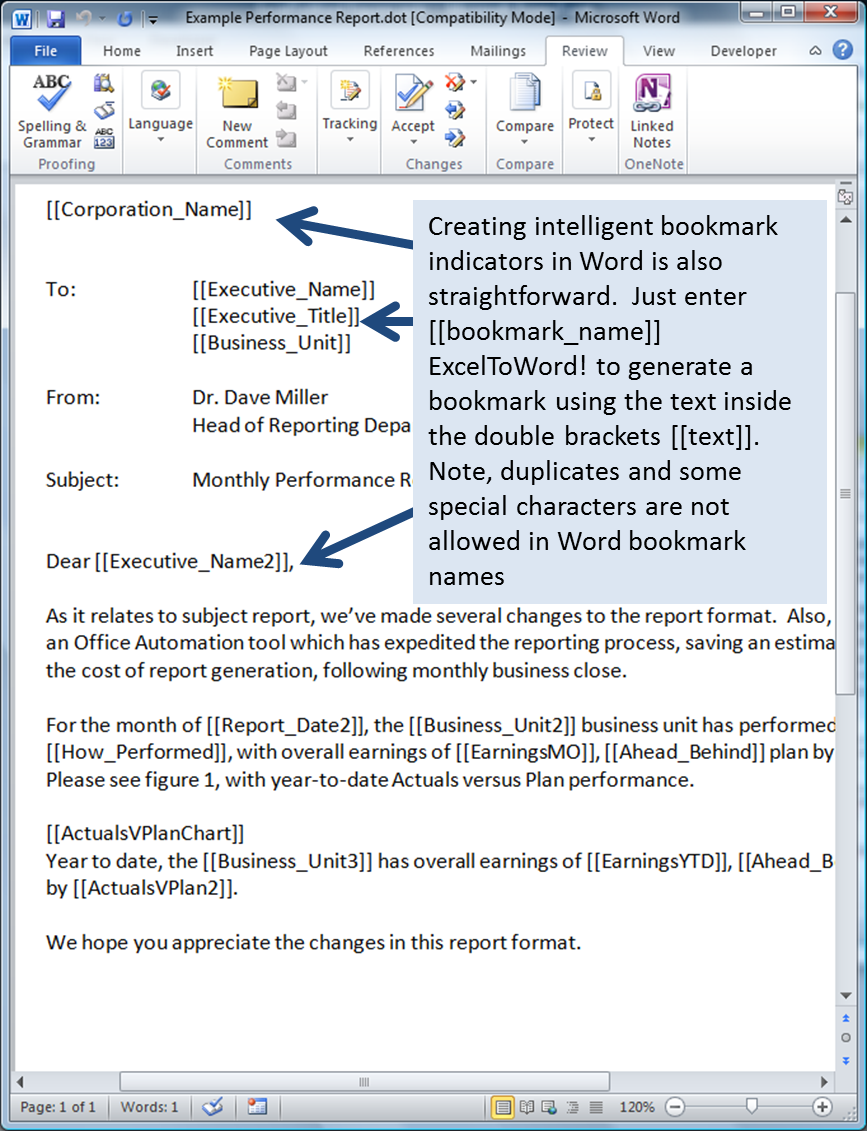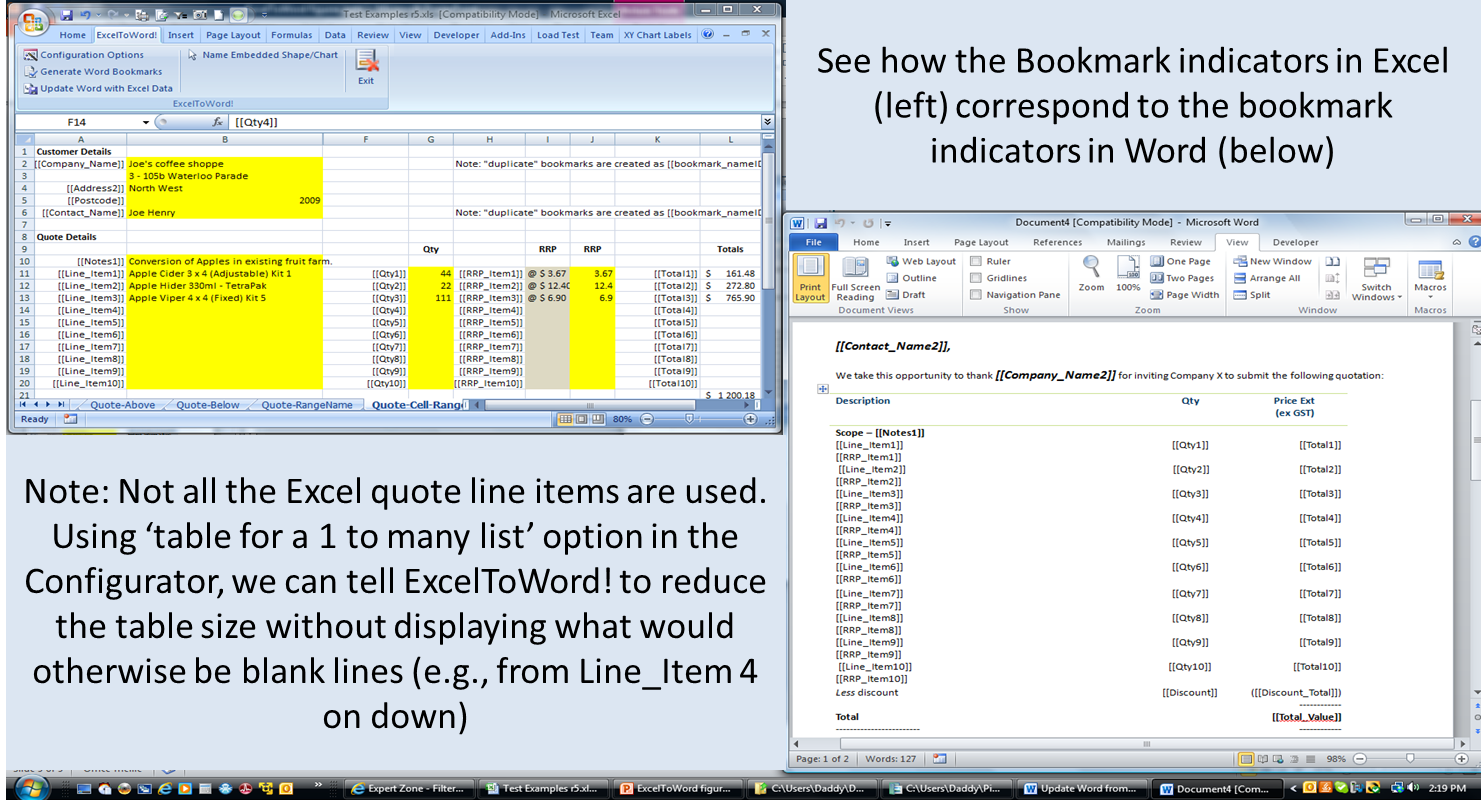

Next, click on the “Link to content” checkbox. In the first name box, type the name of your new custom property (This will be the variables attribute name, remember!). This is where you control all of the sheets custom properties. When the sheet properties window pops up, click on the far right tab called “Custom”.


Click on the “Document Properties” drop down box and choose “Advanced Properties”. Once “Properties” is selected a tool ribbon will pop up. Office 2010 will be File > Properties > Advanced Properties. In Office 2007 you need to go to your Office drop down menu, choose “Prepare” and “Properties”. We will now create the custom property and link it to a cell. Select the cell, select the name box, type the new cell name and hit enter. The cell name must be unique to the sheet and cannot contain any spaces.

Click on the cell that you would like the property to appear in and rename it. Once the sheet is in the vault, open it up. Since I’m doing this from scratch I’ll create a new one. Save the card and it’s good to go!Ĭreate or open the Excel document from the PDM Enterprise vault. I opened up a generic Office file card that’s attached to Excel and Word documents and just swapped out the “Subject” variable for my awesome variable to save a little time. So let’s go through and add this variable to a file card. If you are using office files for multiple reasons (sales information, ECO/ECN/ECR processes, vendor information, etc.) then you need to make sure the variable is inside the appropriate file card that gets assigned to those documents. Once your new variable is set up, it must be on the appropriate file card. I usually click on the small downward arrow and choose the pre-existing Microsoft Office extension list to ensure premium compatibility.
#AUTO POPULATE WORD DOCUMENT FROM EXCEL HOW TO#
Considering the lack of information on how to thoroughly do so with Microsoft Office documents such as Microsoft Word or Microsoft Excel, I have decided post this step-by-step process of automatically linking your properties inside of Microsoft Word and Microsoft Excel to the data cards that control them. Suppose each cell within this file structure contains a 1-2 sentence summary of the book listed in the first column and the chapter listed in the first row.One of the most common practices, yet least documented, capabilities of SolidWorks PDM Enterprise is the ability to link a wide variety of documents to variable values defined in your company’s customized data cards. Hello! Suppose I have, in Excel, a list of book names going down the first column and the chapter number going across the first row (e.g., cell B1 would have a value of "Chapter 1", C1 would have a value of "Chapter 2", and so on.).


 0 kommentar(er)
0 kommentar(er)
